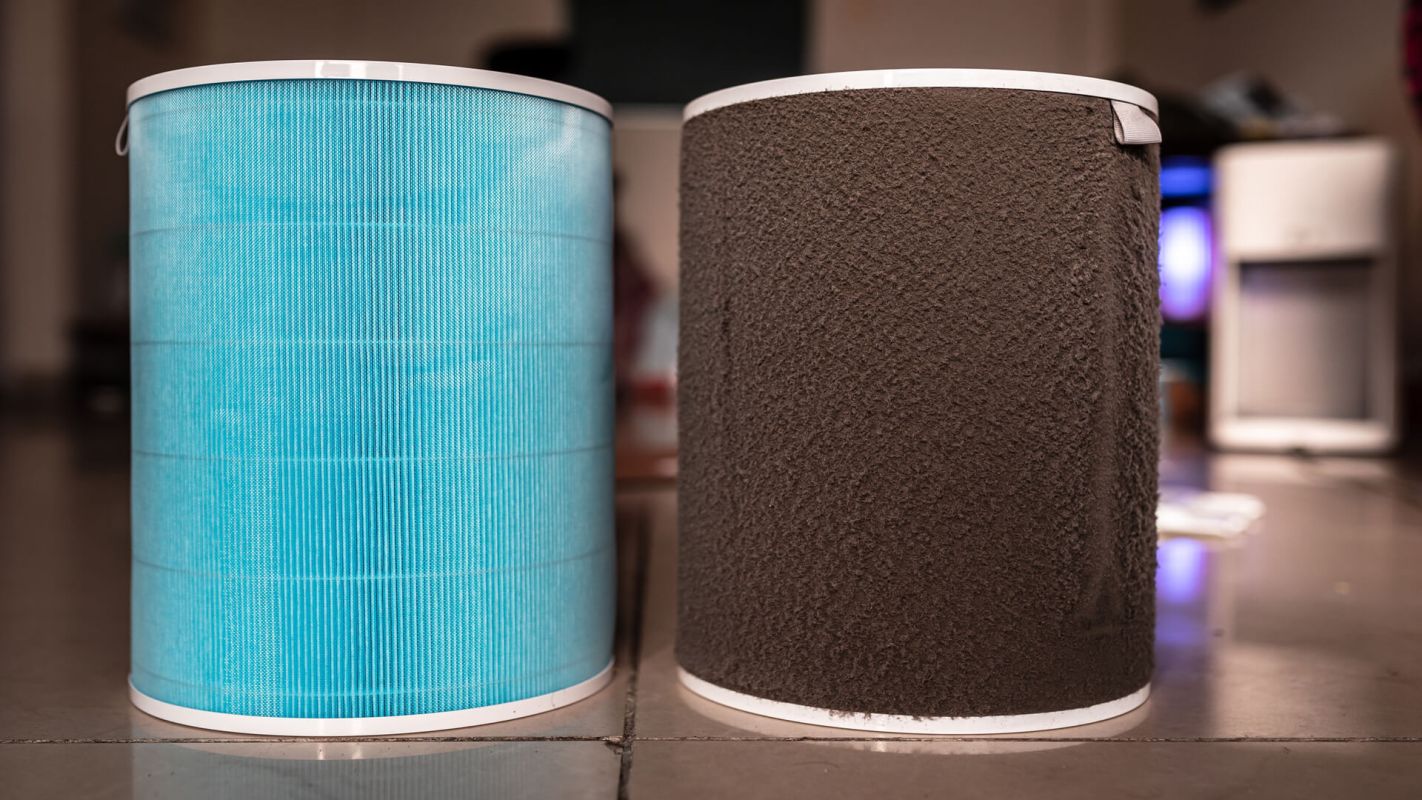HEPA filters are the lungs' best friend, filtering out particles for cleaner air and easier breathing. They can be a lifesaver for people with bad allergies, and they can even come in handy during wildfires.
If you are considering investing in one, here's what you need to know about this useful tool.
What are HEPA filters?
HEPA stands for "high-efficiency particulate air" or "high-efficiency particulate absorbing." First developed about 80 years ago, these filters are very effective at capturing particles like pollen, pet dander, dust, and even smoke from the air in your home, even particles unseen by the naked eye. They're composed of synthetic fibers (similar to quick-dry shirt fibers) that are randomly aligned and overlapped to form a multi-layer net that small particles can't pass through.
HEPA filters must meet strict standards, which sets them apart from regular filters. In the U.S. a filter is classified as a HEPA filter if it removes 99.97% of particles of a certain size. High-quality HEPA filters will be labeled as "absolute HEPA" or "true HEPA" if they meet the Department of Energy certification standards. (HEPA filters that are not certified should be labeled "HEPA-like," "HEPA-type," or "HEPA-style.")
HEPA filters can minimize allergies
Airborne particulates that can trigger allergy and asthma symptoms, such as dander, dust, and pollen, are considered large particles that are easily captured in HEPA filters.
Beyond air purifiers, HEPA filters can be used in vacuum cleaners to remove allergens and asthma triggers from floors and upholstery. Vacuums fitted with HEPA filters can trap particulates and prevent them from becoming airborne.
HEPA filters can also be used in portable air purifiers, which treat the air in a single room, and HVAC systems, which circulate air through the entire home. A whole-house air filtration system might be worth the investment for people who have severe asthma or allergies.
HEPA filters help clean air during wildfires
HEPA filters have many applications, but one of their most important purposes is to filter wildfire smoke out of the air. This smoke can adversely affect the heart and lungs, more severely for the elderly, children, and disabled people. A portable air purifier should be used in each large room, as these devices can only filter so much air.
Wildfire smoke can travel hundreds of miles and last days in the air after a fire. Closing windows, doors, fireplace dampers, and ducts and continuously running HEPA filter air purifiers will help to trap smoke without overloading the filter.
Not only are HEPA filters important for homes in areas at risk for wildfires, but HEPA filters are also crucial for cars, particularly vehicles used to evacuate from a wildfire.
Maintaining your filter
To ensure a portable air purifier works well, try to keep windows closed to prevent more particulates from entering. Use a fan to keep air circulating, and clean and replace your filters regularly according to manufacturer guidelines. These filters trap a lot of particulate matter, so they require more frequent cleaning and replacement than other filters.
Join our free newsletter for easy tips to save more, waste less, and help yourself while helping the planet.









